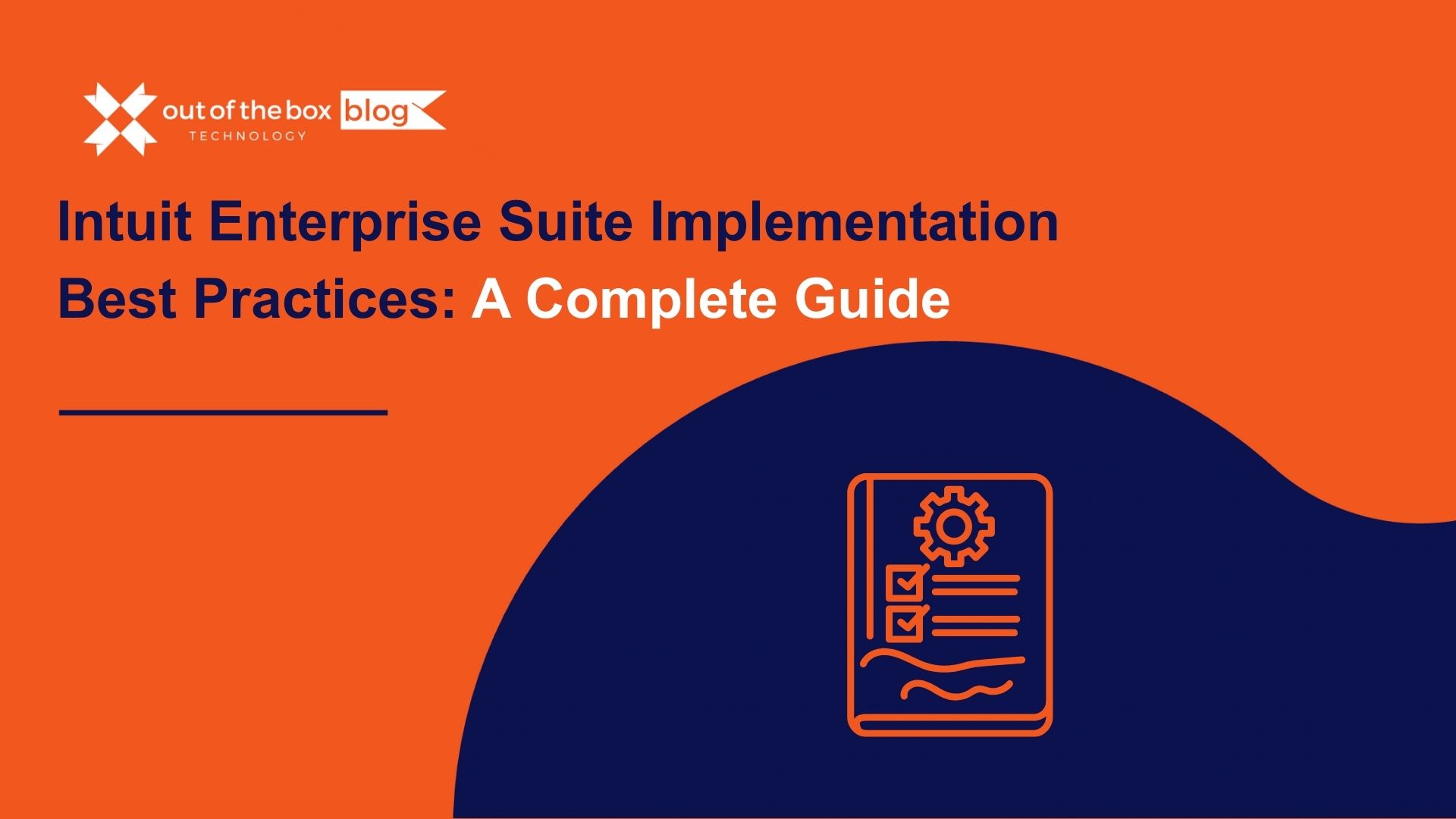Running a business involves a lot of moving parts, and it’s not uncommon for bookkeeping to fall behind. However, catching up on bookkeeping is critical not only for understanding the financial health of your business but also for meeting compliance requirements. This guide will walk you through the process of catch-up bookkeeping, offering tips, data points, and examples to streamline your finances and ensure you stay compliant.
What Is Catch-Up Bookkeeping?
Catch-up bookkeeping refers to the process of updating and organizing past-due financial records to bring them up to date. Whether you’ve missed a few months or an entire year, catching up is crucial to maintaining financial health and compliance.
Common Reasons for Falling Behind in Bookkeeping:
- Time Constraints: Business owners may focus on other priorities, leading to neglected bookkeeping.
- Lack of Expertise: Without an in-house bookkeeper or accountant, keeping financial records can become overwhelming.
- Unexpected Business Growth: Rapid scaling can lead to disorganized financial records, making it hard to keep up with expenses and revenues.
Why Is Catch-Up Bookkeeping Important?
Falling behind on your books can result in various financial and legal issues. Here are some key reasons why you should prioritize catch-up bookkeeping:
- Tax Compliance:
- Filing accurate tax returns requires up-to-date financial information. If your records are incomplete, you risk underreporting income or overreporting expenses, which could result in penalties and audits.
- According to the IRS, errors in tax filings can lead to penalties ranging from 20% to 75% of the underpaid tax amount .
- Financial Health Assessment:
- Without accurate and current records, it’s challenging to assess the profitability and cash flow of your business. Regular financial tracking helps with forecasting and planning.
- A QuickBooks study revealed that 25% of small businesses failed to make it past their first year, with poor financial management being a key factor .
- Lending and Investment Opportunities:
- Potential investors or lenders will request financial records before approving loans or investments. Catching up on bookkeeping ensures you can provide these reports on demand.
- Cost Savings:
- The longer you wait, the more expensive and time-consuming catch-up bookkeeping becomes. Hiring a professional bookkeeper or accountant to do months’ or years’ worth of bookkeeping can lead to higher costs.
Step-by-Step Guide to Catch-Up Bookkeeping
1. Gather All Financial Records
The first step is to compile all of your financial data, including:
- Bank statements
- Credit card statements
- Receipts and invoices
- Payroll records
- Tax documents
Example:
For example, if you’ve missed six months of bookkeeping, you’ll need to download your bank and credit card statements for those months. Using accounting software like QuickBooks or Xero can make this process easier by syncing transactions directly from your accounts.
2. Reconcile Bank Statements
Once you’ve gathered your financial records, reconcile them with your accounting software. Reconciliation ensures that the balances in your books match your bank and credit card statements.
Example:
If your June bank statement shows a closing balance of $15,000, but your books only show $14,500, there may be an unrecorded transaction or error that needs to be corrected.
3. Categorize Transactions
Properly categorizing transactions helps with tax preparation and financial reporting. If you’ve fallen behind, it’s important to review each transaction and assign it to the correct category (e.g., rent, office supplies, client payments).
Pro Tip:
Many bookkeeping software tools offer auto-categorization features based on past activity. Use these tools to streamline the process but always review them for accuracy.
4. Review Accounts Receivable and Payable
Make sure your records of accounts receivable (money owed to you) and accounts payable (money you owe) are accurate. This will help you avoid cash flow issues and ensure you’re collecting payments on time.
Example:
Let’s say you invoiced a client for $5,000 three months ago, but the payment is still outstanding. Reviewing accounts receivable allows you to follow up on unpaid invoices.
5. Update Payroll Records
Payroll is one of the most critical aspects of business compliance. Ensure that all payroll records, including wages, tax withholdings, and benefits, are up to date. This is especially important if you have employees, as the IRS requires accurate reporting for payroll taxes.
6. Generate Financial Reports
Once you’ve updated your records, generate essential financial reports:
- Profit and Loss Statement (Income Statement)
- Balance Sheet
- Cash Flow Statement
These reports provide a snapshot of your business’s financial health, helping you make informed decisions moving forward.
7. Consult with a Professional
If your books are severely outdated, it’s wise to consult with a professional bookkeeper or accountant. They can help ensure that all financial data is accurate and compliant with tax laws.
Tools to Simplify Catch-Up Bookkeeping
- QuickBooks: This software automates many processes like reconciliation and expense tracking, helping you quickly catch up on your books.
- Bench: Bench is an outsourced bookkeeping service that specializes in catch-up bookkeeping for businesses.
- Xero: Xero is known for its real-time bank feed feature, making it easier to update your books.
Data Point:
According to a 2023 survey, 64% of small businesses use accounting software to streamline their financial management, with QuickBooks being the market leader at 29% of market share .
Staying Compliant with Bookkeeping Deadlines
After completing your catch-up bookkeeping, you’ll need to stay compliant to avoid falling behind again. Here are some strategies:
- Set a Regular Schedule: Dedicate time each week or month to review and update your financial records. Consistency is key to avoiding backlog.
- Automate Tasks: Automating recurring tasks, such as invoicing and payroll, can help you stay on top of your finances without requiring manual updates.
- Stay Informed About Tax Deadlines: Use a calendar or tax software to remind yourself of important tax deadlines. Missing tax deadlines can result in fines and penalties.
- Outsource to a Bookkeeper: If your business continues to grow, outsourcing bookkeeping can be an affordable way to ensure you stay compliant without dedicating hours of your own time.
Data Point:
A Xero survey revealed that 83% of small business owners who outsourced their bookkeeping said they saved an average of 10 hours per month .
Conclusion
Catch-up bookkeeping is a critical task that business owners should prioritize. It not only helps you streamline your financial management but also ensures compliance with tax laws and prepares you for growth opportunities. By following the steps outlined in this guide, you can bring your books up to date and establish processes to prevent falling behind again.
If you’re overwhelmed, don’t hesitate to hire a professional bookkeeper or use accounting software to automate the process. Taking control of your bookkeeping now will save you time, stress, and money in the long run.
Meet with a QuickBooks service expert today!
Schedule a complimentary QuickBooks service consultation to find out the how our professional bookkeeping services can help you catch up your bookkeeping and stay compliant.
Sources:
- IRS Penalties for Late Tax Filing and Underpayment, IRS.gov
- QuickBooks Small Business Growth Study, 2022
- Small Business Accounting Software Market Share, 2023, Software Advice
- Xero Small Business Report, 2023




